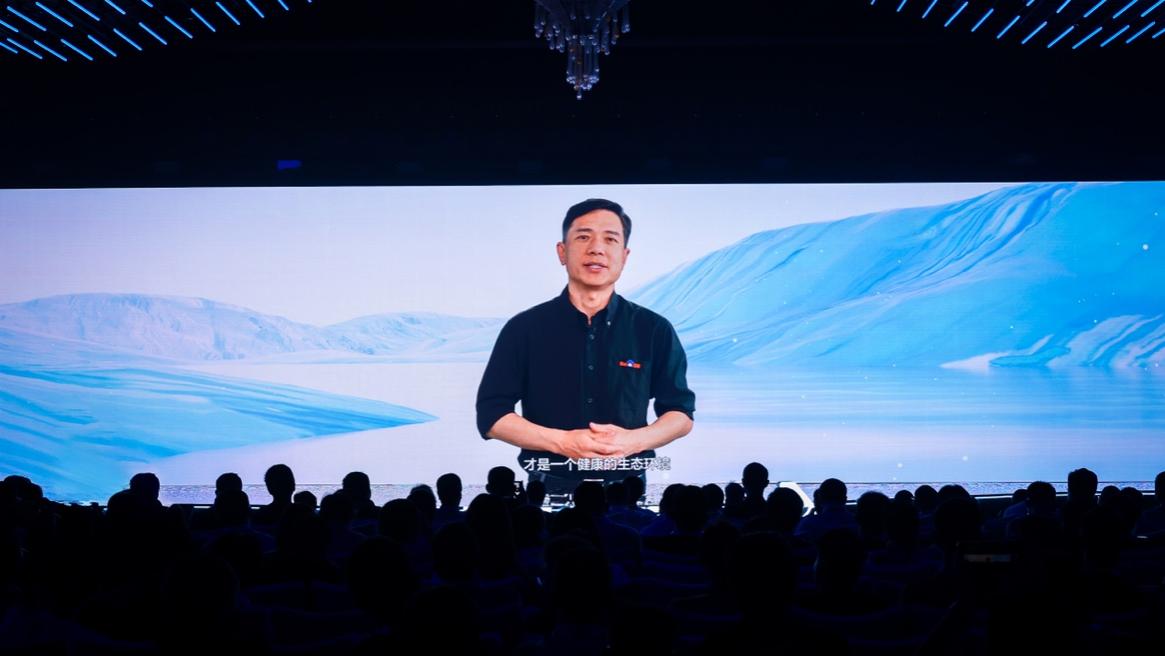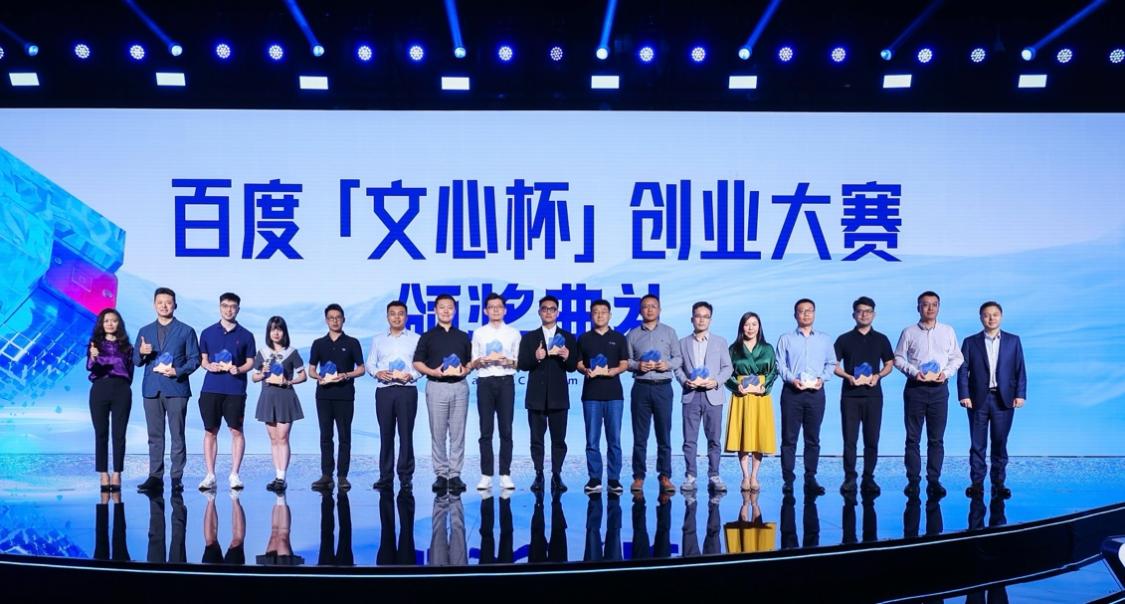Robin Li: AI-Native Applications Should Solve Previously Unsolvable Problems
-
On September 5, at the 2023 Baidu Cloud Intelligence Conference, Robin Li, founder, chairman, and CEO of Baidu, stated in his speech at the 'Wenxin Cup' Entrepreneurship Competition awards ceremony that AI-native applications must address problems that were previously unsolvable or poorly solved, as applications are the true purpose of large models.

Li emphasized that models themselves do not directly create value; applications developed based on foundational large models are the real purpose of their existence. For entrepreneurs, 'competing in large models is meaningless; competing in applications offers greater opportunities.' He analyzed that during the mobile internet era, there were only two operating systems, Android and iOS, but many highly successful applications emerged. Only when a sufficient number of AI-native applications are built on large models can a healthy ecosystem thrive.
Li pointed out that AI-native applications should solve problems that were previously unsolvable or poorly addressed, rather than merely replicating mobile internet apps or PC software. He believes AI-native applications should meet three fundamental criteria: first, they should enable natural language interaction; second, they should fully utilize the capabilities of large language models, such as understanding, generation, reasoning, and memory; and third, each application's interaction should not exceed two levels of menus, ensuring simpler user experiences.
Recently, Wenxin Yiyan (Baidu's AI model) was officially opened to the public, receiving an enthusiastic market response. On its first day, it answered 33.42 million questions from users, with extensive real-world feedback helping Baidu rapidly and efficiently improve its foundational model. Li revealed that version 4.0 of the Wenxin large model will be launched soon, stating, 'Baidu's goal is to build robust foundational capabilities for large models and support the development of AI-native applications.'
'We hope entrepreneurs can create blockbuster applications for the AI era on the Wenxin large model,' Li said. To this end, shortly after the release of Wenxin Yiyan, Baidu launched the 'Wenxin Cup' Entrepreneurship Competition to gather the world's most outstanding AI entrepreneurs.
Since its launch on May 31, the 'Wenxin Cup' has attracted nearly 1,000 project submissions, generating a wealth of AI-native applications in fields such as productivity tools, marketing, entertainment, social networking, and e-commerce. Over 30 innovative and promising projects advanced to the demo development phase, leveraging Baidu Intelligent Cloud's Qianfan large model platform for development based on the Wenxin model.
That morning, the results of the 'Wenxin Cup' Entrepreneurship Competition were announced. Among the 15 winning teams, ChatDOC, a professional knowledge Q&A assistant and reading platform based on document intelligence, and Buysmart.AI, an intelligent e-commerce shopping assistant based on large models, won first prize, while the remaining teams received second and third prizes.

Li stated that Baidu would invest tens of millions of yuan in these teams and provide long-term support in technology, product development, strategic planning, and capital partnerships. 'I believe the Wenxin large model will become the first choice for AI entrepreneurs and developers, with more applications being built on it, making the entire ecosystem vibrant.'
Recently, Baidu has continued to promote various initiatives to encourage entrepreneurs to develop AI applications and foster the growth of the large model ecosystem. In addition to the 'Wenxin Cup' Entrepreneurship Competition, Baidu has launched the AI Studio Galaxy large model community for developers, a plugin mechanism, and the Wenxin large model 'Galaxy' co-creation ecosystem plan. Currently, over 500 ecosystem partners are using various large model services through Baidu Intelligent Cloud's Qianfan platform, with monthly active enterprises exceeding 10,000.
